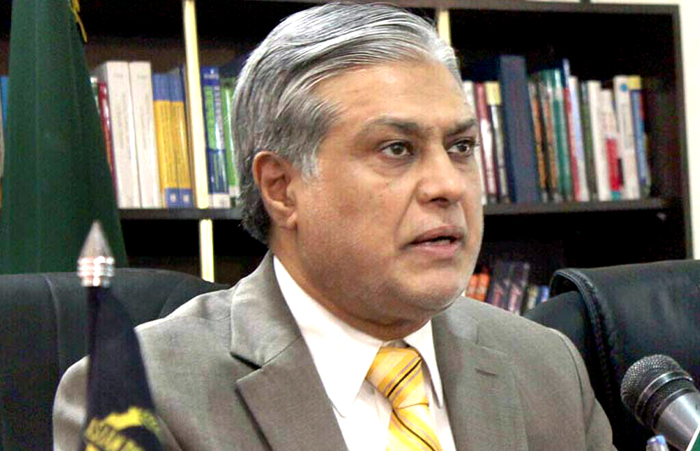Ishaq Dar: Pakistan will try to restructure its $27 billion in bilateral debt.

Dar said there was no chance that Pakistan would not pay its debts.
Washington (Reuters) – Ishaq Dar, Pakistan’s new finance minister, has said that he will try to reschedule about $27 billion in non-Paris Club debt, most of which is owed to China. However, he won’t try to get haircuts as part of any rescheduling.
In an interview, Dar ruled out the possibility that Pakistan’s debt would go into default, that bonds due in December would be extended, or that Pakistan’s current IMF programme would be renegotiated.
The Finance Minister has been in his job for a long time. He said that international donors and multilateral development banks have been “quite flexible” about how to meet Pakistan’s external financing needs, which are estimated to be around $32 billion after the devastating floods. He also said that some of this could come from reallocating funds from previously approved development loans that pay out slowly.
Related: Dar accuses PTI for the country’s worst economy, but vows to bring it back
Just over two weeks after taking office, Dar is attending the annual meetings of the IMF and the World Bank. He said that Pakistan will try to restructure on the same terms for all bilateral creditors.
When asked if Pakistan would try to get rid of its debt, he said, “We’re fine with rescheduling, but we don’t want a haircut. That isn’t right.”
RUPEE DEFENDER
Dar has been Pakistan’s finance minister three times, the last time being from 2013 to 2017. He is known for being a strong supporter of the rupee. He said that Pakistan hasn’t done anything physical to the currency, which has been hurt by a strong U.S. dollar this year but has gone up about 10% since he took office.
Dar said that he thinks the rupee’s “true value” is less than 200 rupees to the dollar. It was last sold for $219.
“I want a stable currency and a fair exchange rate. I believe in free markets, but a currency cannot be held hostage and make billions of dollars for those who bet on it.
BORROWING OPTIONS
When asked if he had talked with IMF staff about borrowing from the new Resilience and Sustainability Trust for middle-income countries, Dar said, “We have talked about all options.”
The Pakistani finance minister also said that the IMF’s new emergency “food shock” borrowing window might be a good fit for the country, which has lost crops because of devastating floods and may need to import up to 500,000 tonnes of wheat in the next year.
Related: The ECC approves a subsidy for export-oriented industries’ electricity rates.
“In this case, we might be able to get close to and enter this facility,” he said.





